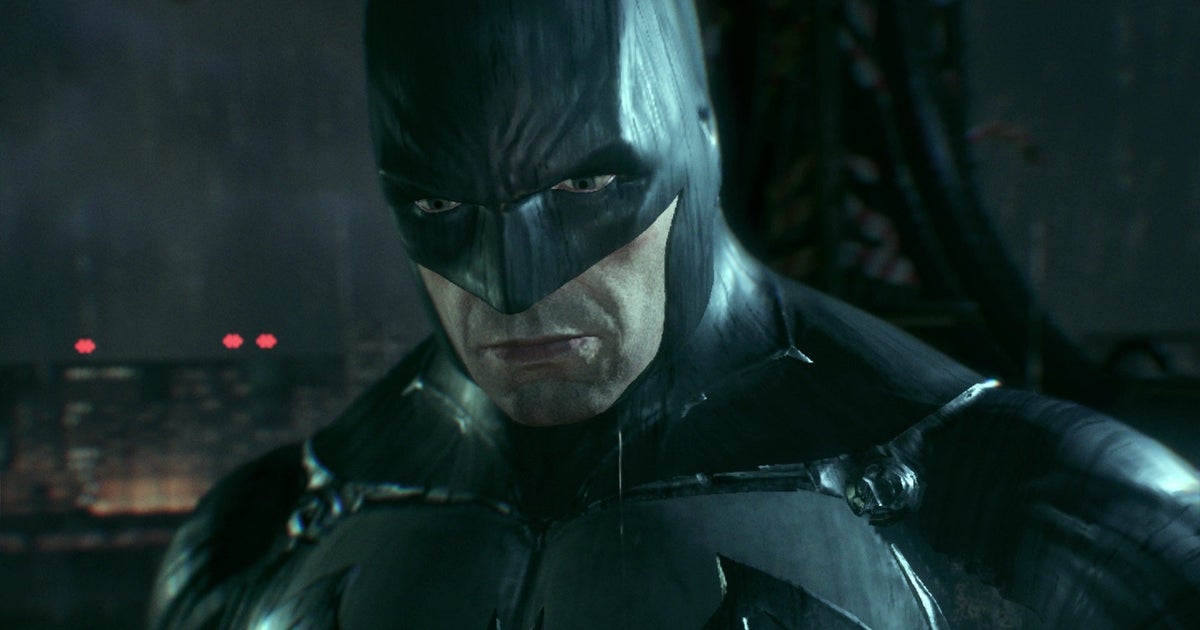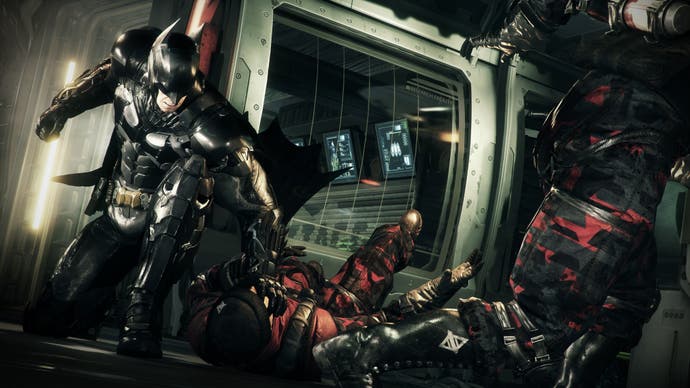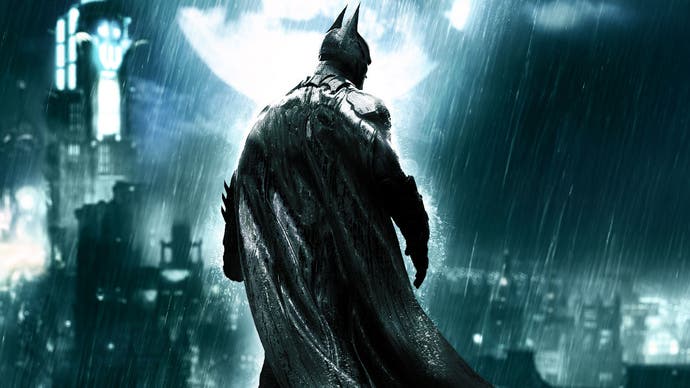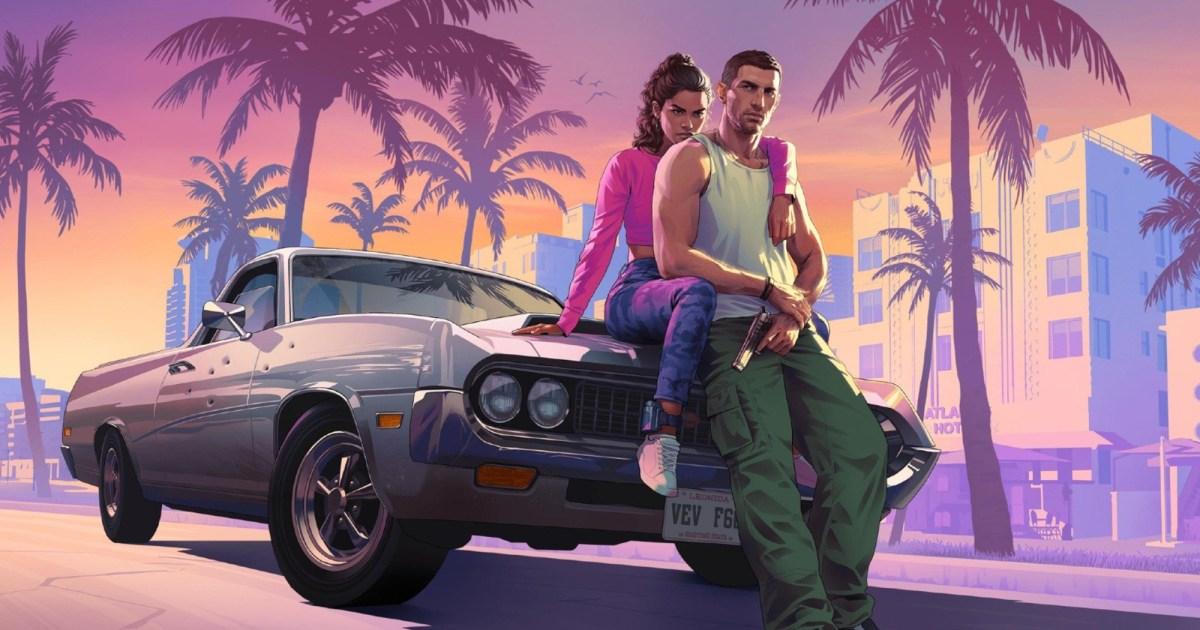With a new Batman on the way, I’m reminded again that Kevin Conroy was an all time player

Batman is one of the most iconic superheroes in comics, and one of the most complex, with nearly a century of accumulated lore behind him by this point. With that Marianas Trench of mythology to explore, adaptations have always made perfect sense. From the early film series to the TV shows and beyond, we live in a world where Batman is always being reinvented and reimagined by someone.
One of the most successful reimaginings is Batman: The Animated Series, created by Bruce Timm and Eric Radomski. In canyons of gloomy skyscrapers tumbling beneath menacing red skies, this cartoon introduced a new generation of viewers to Batman and his rogues gallery. The art was stellar, as was the noir-infused story, but the casting was just as important. Here was Mark Hamill as the Joker, and the late Arleen Sorkin as Harley Quinn. And holding it all together was Kevin Conroy, tough and completely unrecognizable, and bringing just the tiniest trace of dark humor as Batman.
I’ve been thinking a lot about Conroy these past few days. A fan favorite, his death in 2022 devastated the community and underscored something that had been felt for a long time: here really was a Batman for the ages. This summer has brought news of a new Batman game, Batman Arkham Shadow, with Roger Craig Smith returning to the character after his turn in Batman: Arkham Origins. New Arkham games are always welcome and I’m sure Smith will do a great job. But it’s been a perfect opportunity for me to think back to Conroy and be grateful for what he brought to the role, regardless of the medium.
I can honestly say that Conroy’s voice shaped a huge part of my youth. When he died, and I’m sure I’m not alone, it felt like a part of my childhood memories changed for the better. When I think of Batman these days, I think of Conroy. Even now, when I read a Batman comic, it’s Conroy’s voice speaking the lines in my head. Again, I’m sure I’m not alone in this.
More importantly, for me Conroy’s performance is the ultimate deal for both Batman and Bruce Wayne. He created the perfect dual-identity voice, shifting in tone as he moves between understated but still distinct and distinct identities. As he spent more time with the character, his performance seemed to deepen as well. You’ll feel more and more for this weary man fighting a war he knows he can’t really win.
However, even Batman fans who missed the Animated Series will recognize Conroy’s Batman. In the main trilogy of Arkham games he gave an extremely rich performance. Ever since that first trip to Arkham Asylum holding the Joker, Rocksteady’s decision to use voices from the Animated Series paid off in terms of depth and grounding. Here was a Batman you could really believe in.


You see this in different ways. Despite the vast cast of villains and heroes, the main Arkham games are essentially two-handed many times. There’s Batman crawling through an opening, and here’s the Joker, taunting him in his ear or his head. Conroy and Hamill’s work on the Animated Series gave them a history of playing off each other to build on—Hamill becoming sharper and sly while Conroy became quieter, menacing, and restrained. Conroy channeled controlled rage in these performances, but also something more: familiarity, deep, mortal disappointment with someone with whom he had a real history. These two were great together.
And as the Arkham games progressed, they became more interested in exploring the psychological aspects of Batman, all aided by the immersion presented by the games, which would allow players into that head and the inner world of personal fears of the character. The games take Batman to some really strange places. One moment I’ll never forget is the Joker’s death at the end of Arkham City: a perfect moment of deep emotion from Conroy. I can see it now. Batman walks out the doors of the Monarch Theatre, solemnly holding the Joker’s body, visibly upset and clearly confused. The scene comes close to implying that Batman has lost a friend. Only Conroy could make the following quote believable, in part because his Batman had already displayed a full range of emotions throughout the animated series:
“Even after everything you’ve done, I would have saved you.”
Clearly, the role meant a lot to Conroy as well. For anyone interested in learning more about this remarkable actor, I recommend his entry in DC Comics’ 2022 Pride Anthology, Finding Batman, in which he talks about his experiences as a gay man working in the industry. entertainment. (Conroy had felt the need to hide his sexuality over the years and spoke movingly about the discrimination he endured and the jobs he lost.)
Sometimes it feels like with Conroy gone we’re living in a world without Batman. But the strength of the character, and I think Conroy understood this well, is how he can be re-imagined and re-interpreted. There will be many Batmans in the years to come, but Kevin Conroy will always be my Batman. And I will always be grateful.





